Books Like The Da Vinci Code
Unlock a world of thrilling mysteries and historical intrigue with our 'Books Like The Da Vinci Code' collection. Dive into stories where ancient secrets, cryptic puzzles, and shadowy organizations weave together fast-paced narratives that blend fact with fiction, challenging your mind and keeping you on the edge of your seat. Perfect for those seeking intellectual adventure and page-turning suspense, these novels beckon you into a realm where the past collides with the present in a race against time.
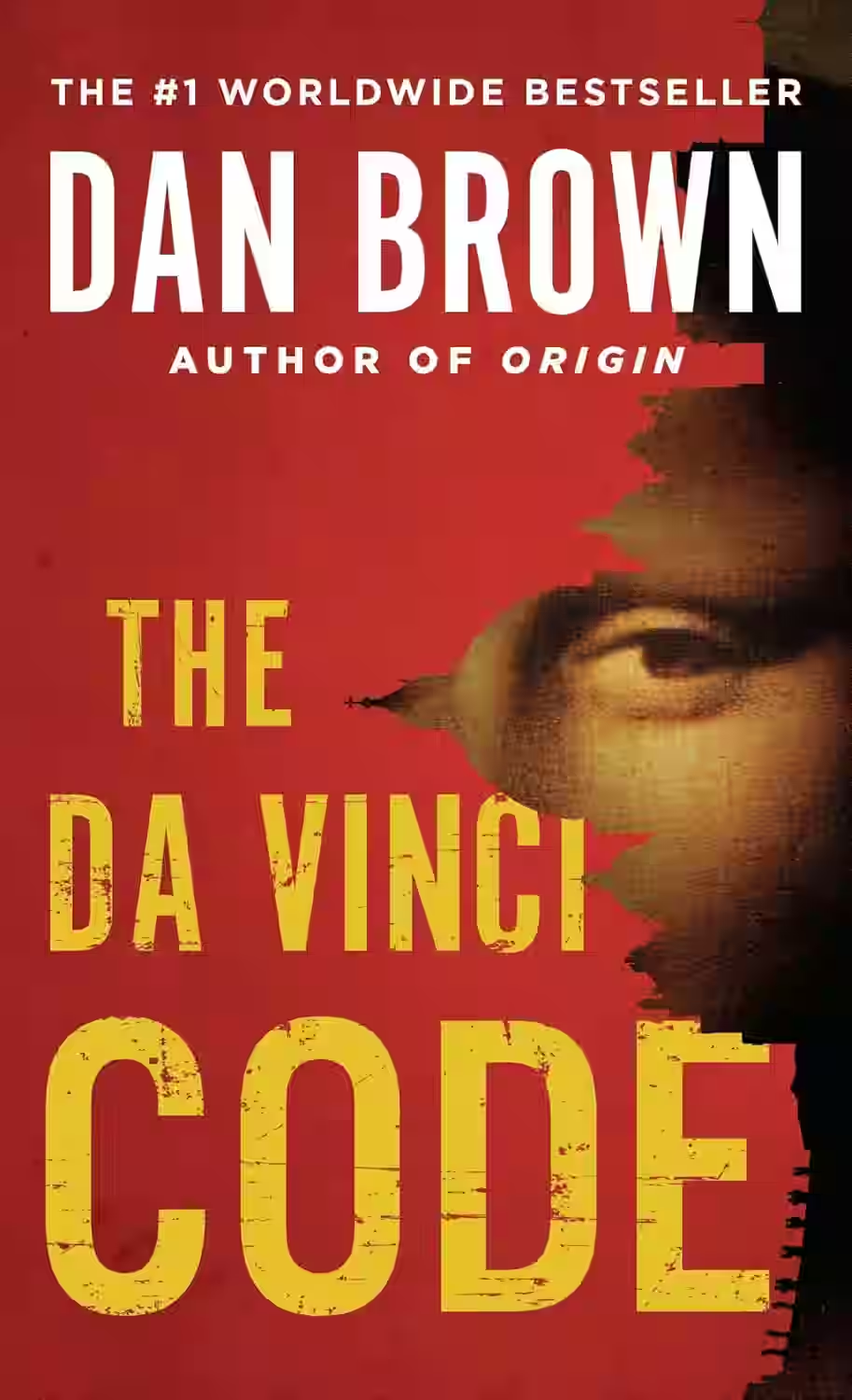
In Dan Brown's thriller 'The Da Vinci Code,' symbologist Robert Langdon finds himself entangled in a complex web of secrets, codes, and religious mysteries following a murder at the Louvre. With the help of cryptologist Sophie Neveu, Langdon races against time to unravel the enigmatic clues left by a renowned curator. The book delves into themes of religion, art, history, and conspiracy theories, challenging readers to question established beliefs. Brown weaves together a gripping narrative packed with twists and turns, keeping readers on the edge of their seats until the final revelation. 'The Da Vinci Code' sparked controversy and fascination, becoming a global bestseller.
Similar Books You Might Enjoy
If you enjoyed The Da Vinci Code, you might also like these books.
Discover your next great read from our curated selection of similar books.
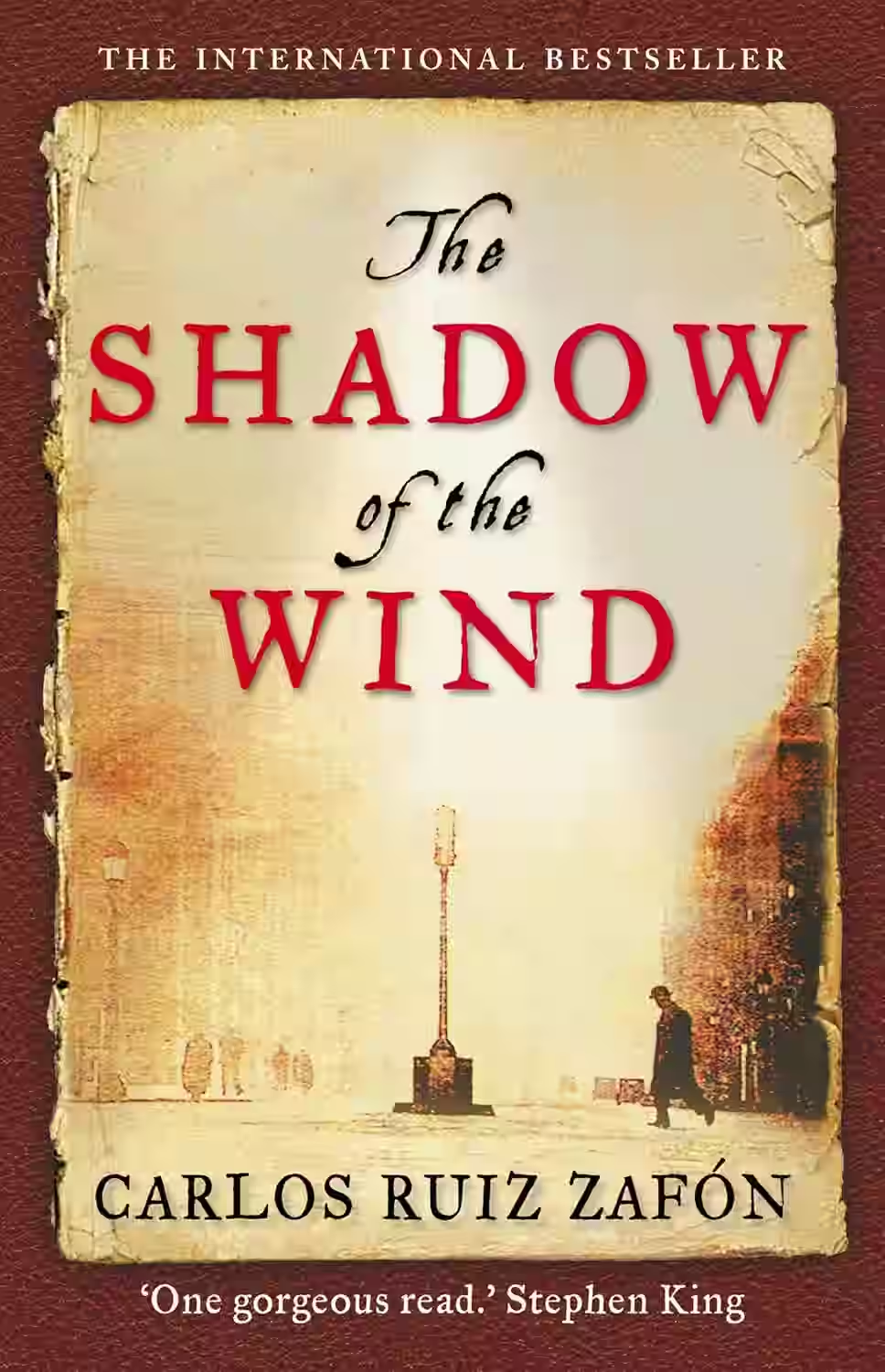
In post-Civil War Barcelona, young Daniel is introduced to a mysterious book that will change his life forever. When he tries to find other works by the author, he discovers a dark mystery involving a disfigured man who has been systematically destroying every copy of every book the author has written. Daniel's investigation pulls him into a story of murder, madness, and doomed love.
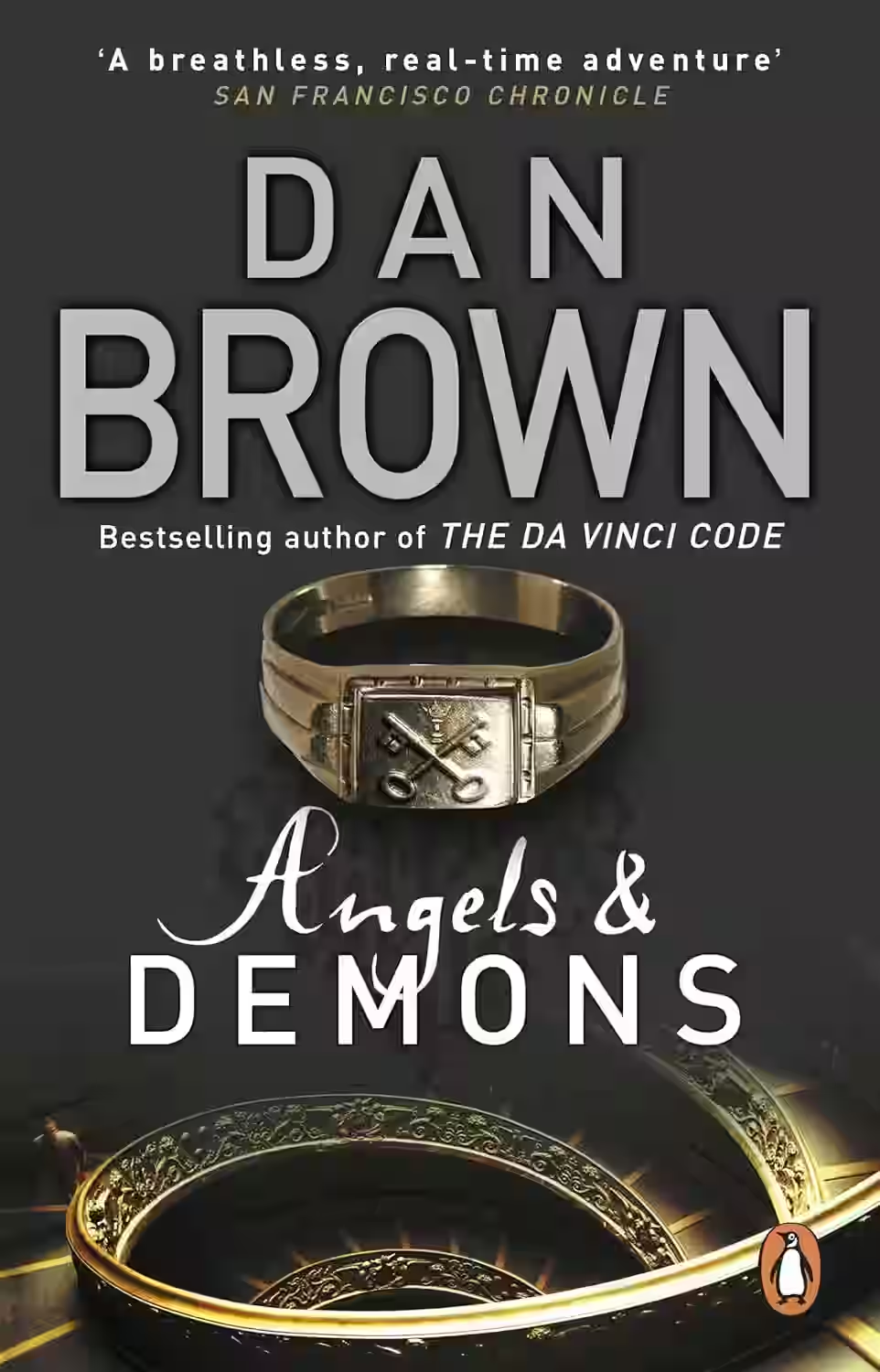
Dan Brown's 'Angels & Demons' is a riveting thriller that explores the tension between science and religion, set against the backdrop of Vatican City. The novel follows Harvard symbologist Robert Langdon as he delves into a clandestine battle involving the ancient Illuminati secret society. Called to solve the mysterious murder of a physicist, Langdon discovers a plot to annihilate the Vatican using a volatile piece of antimatter. Rich in historical detail, the narrative weaves through a labyrinth of clues and symbols, offering readers a fast-paced journey filled with suspense. Brown's meticulous research combined with imaginative storytelling captivates, raising profound questions about humanity's religious and scientific beliefs.
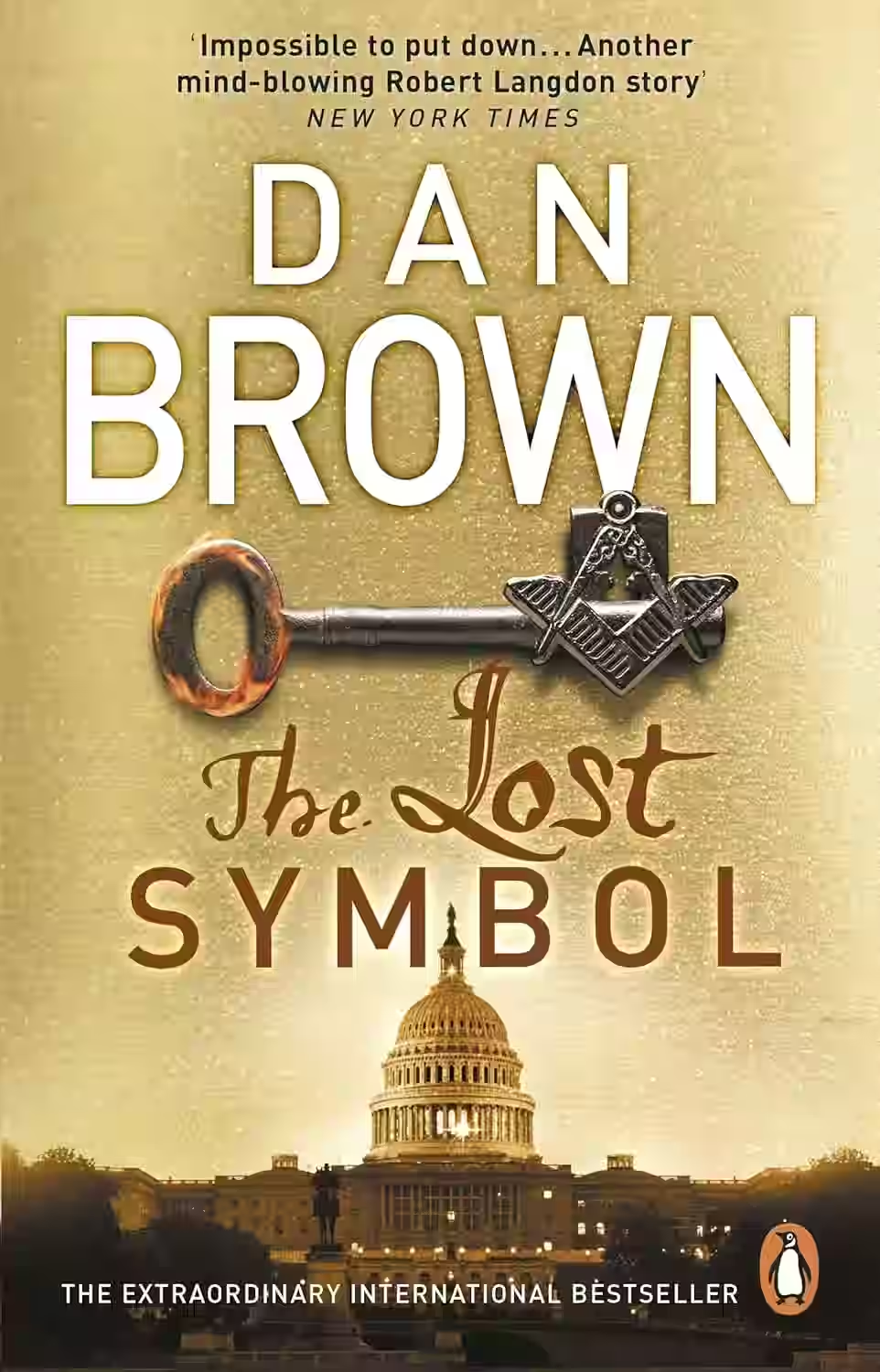
In 'The Lost Symbol,' Dan Brown propels readers into the heart of Washington, D.C., weaving a tale of intrigue and cryptic symbols through the eyes of Harvard symbologist Robert Langdon. The narrative is ignited by the mysterious disappearance of Langdon's friend and mentor, Peter Solomon, a prominent figure in the Masonic society. As Langdon deciphers codes within the architecture and art of the nation’s capital, he uncovers age-old secrets poised to alter human understanding and consciousness. The novel expertly delves into themes of power, faith, and the eternal quest for knowledge. With its layered complexity and vibrant depiction of a hidden world, Brown entices his audience through fast-paced storytelling and thought-provoking puzzles, leaving a lasting impression on readers enthralled by conspiracy and historical lore.
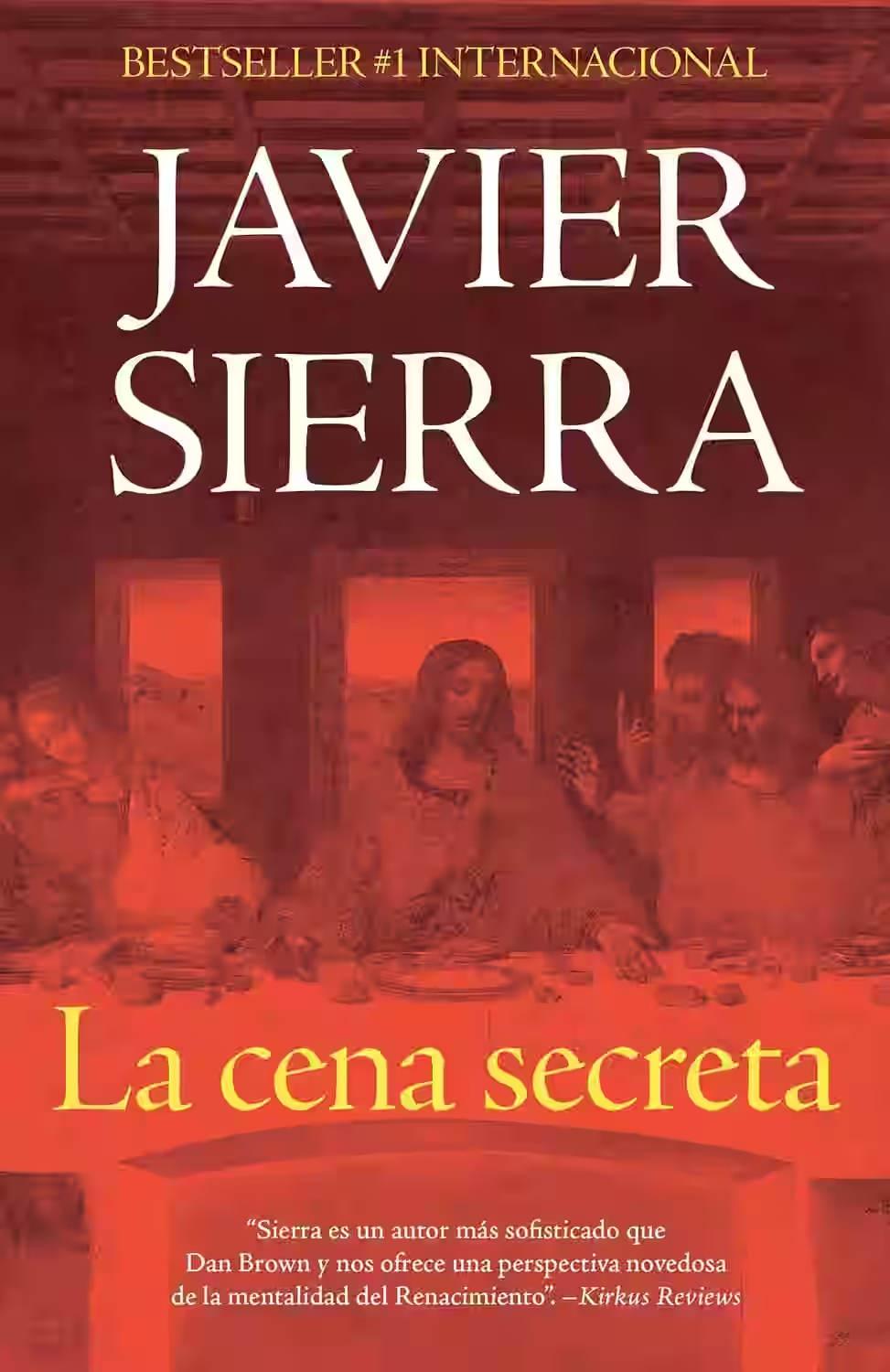
Javier Sierra's 'The Secret Supper' explores the depths of religious mystery and Renaissance intrigue, centering on the enigmatic figure of Leonardo da Vinci. Set against the backdrop of 15th-century Milan, the novel follows Agostino Leyre, a Dominican Inquisitor summoned to uncover the secrets hidden within Da Vinci's famous painting, 'The Last Supper'. As Leyre delves deeper, he navigates a complex web of codes, heresies, and conspiracies that threaten to unravel the very fabric of Christianity. Sierra masterfully weaves historical facts with fiction, providing readers with a rich tapestry of art, theology, and suspense while posing profound questions about faith and knowledge.
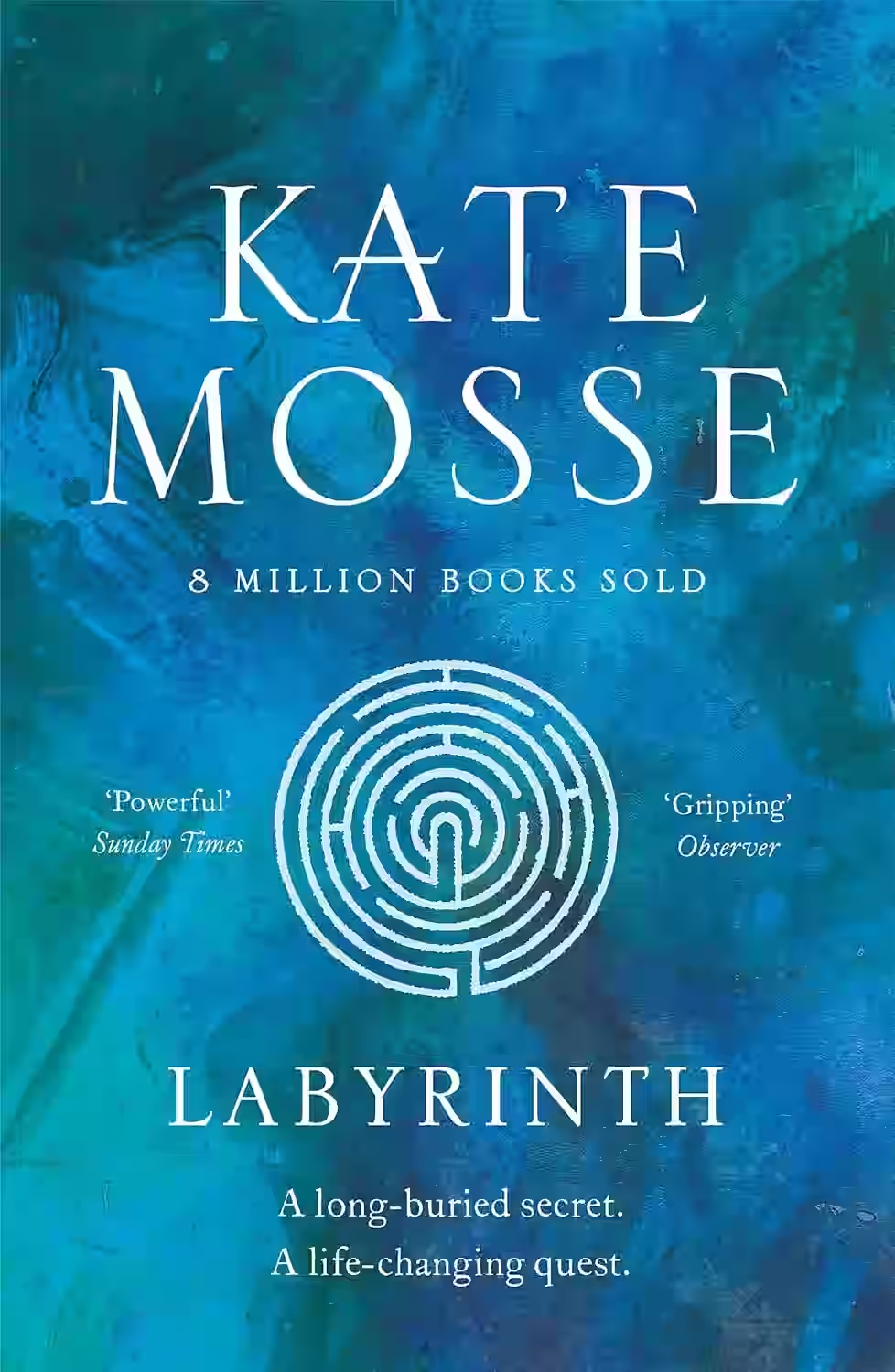
In 'Labyrinth,' Kate Mosse weaves a captivating dual-timeline tale, intricately connecting 13th-century Carcassonne with present-day France. The novel explores themes of history, destiny, and the eternal struggle between good and evil. Readers are introduced to Dr. Alice Tanner, who stumbles upon a mysterious cave during an archaeological excavation, uncovering a parallel story of Alais, a young woman in 1209 whose discoveries could alter the tide of history. Mosse's work is renowned for its lush, atmospheric depictions of the medieval Languedoc, merging historical fiction with a gripping mystery. This enthralling narrative embarks on a journey through time, capturing the essence of human courage and the relentless pursuit of truth amidst treachery and war.
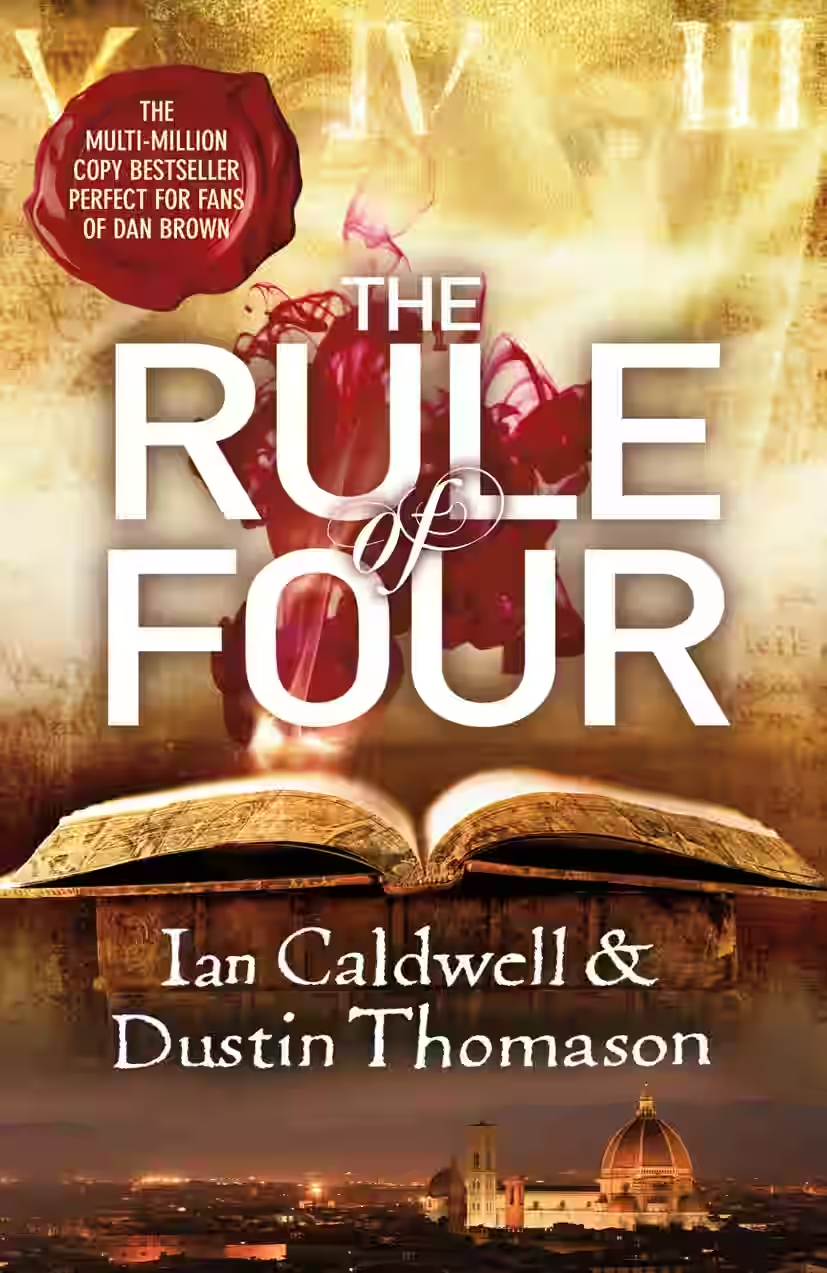
The Rule of Four by Ian Caldwell is a clever blend of historical mystery and college-life drama, weaving an intricate narrative around a real Renaissance text, the Hypnerotomachia Poliphili. Set at Princeton University, the story follows two roommates, Tom and Paul, who are drawn into the enigmatic world of the ancient tome as they attempt to decipher its secrets. Their pursuit of academic and personal truths intersects with themes of ambition, friendship, and the limits of knowledge. Caldwell's book offers a rich exploration of intellectual curiosity and the tension between modern life and historical discovery, all set against the backdrop of an academic thriller. The novel is both engaging and thought-provoking, though some readers might find the detailed historical references challenging.
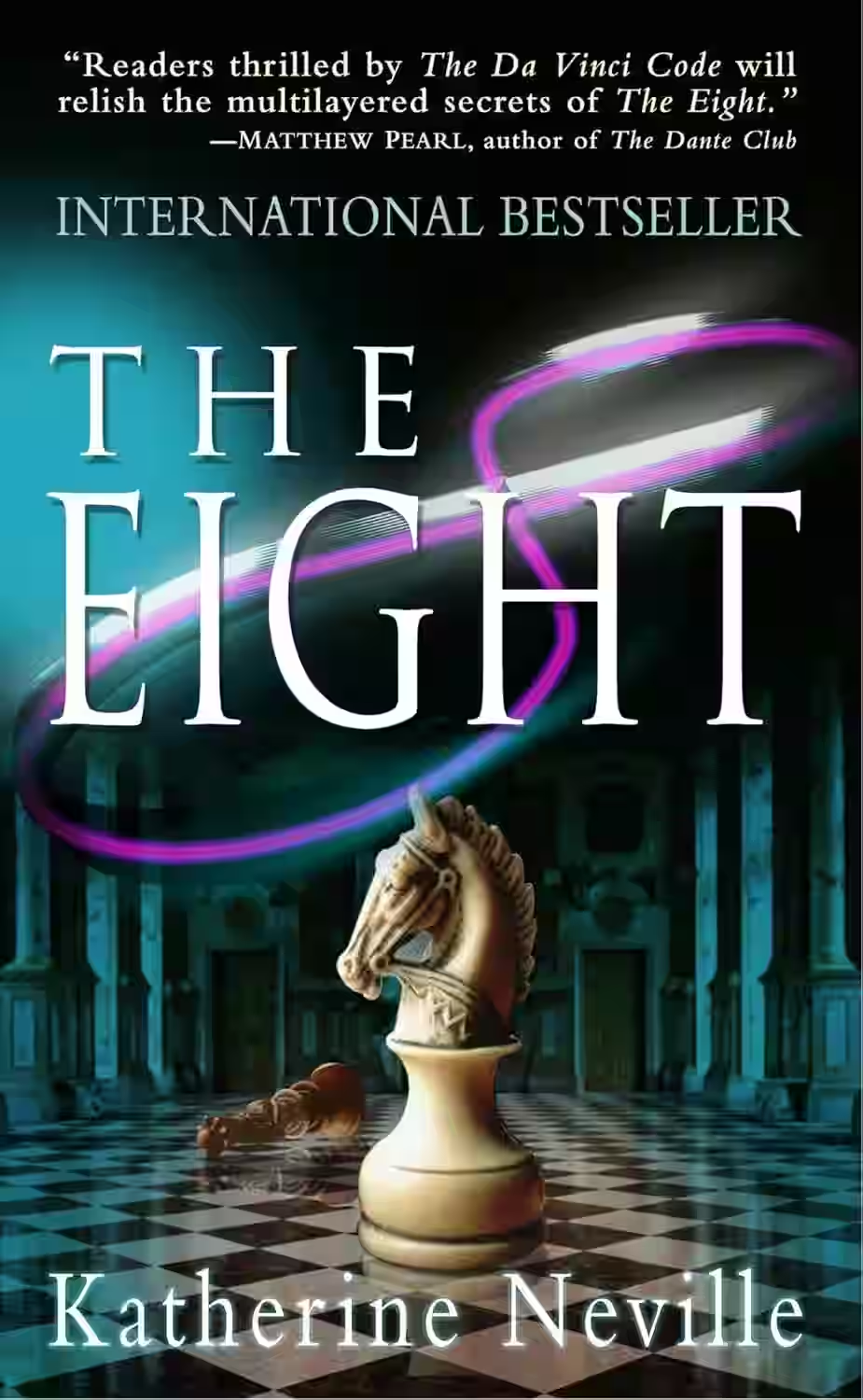
Katherine Neville's 'The Eight' is a rich tapestry woven from historical intrigue and modern suspense. The narrative oscillates between the 1790s French Revolution and the gritty 1970s, crafting a breathless adventure through the world of cryptic chess movements and ancient mysteries. Readers follow computer expert Catherine Velis and novice nun Mireille as they uncover a two-century-spanning conspiracy centered on a legendary chess set once owned by Charlemagne. Neville masterfully interlaces elements of myth, mathematics, and alchemy into her plot, effortlessly blending fiction with nods to historical facts. The novel's labyrinthine complexity is invigorating, though at times it challenges patience, offering an engrossing perspective on power's timeless allure.
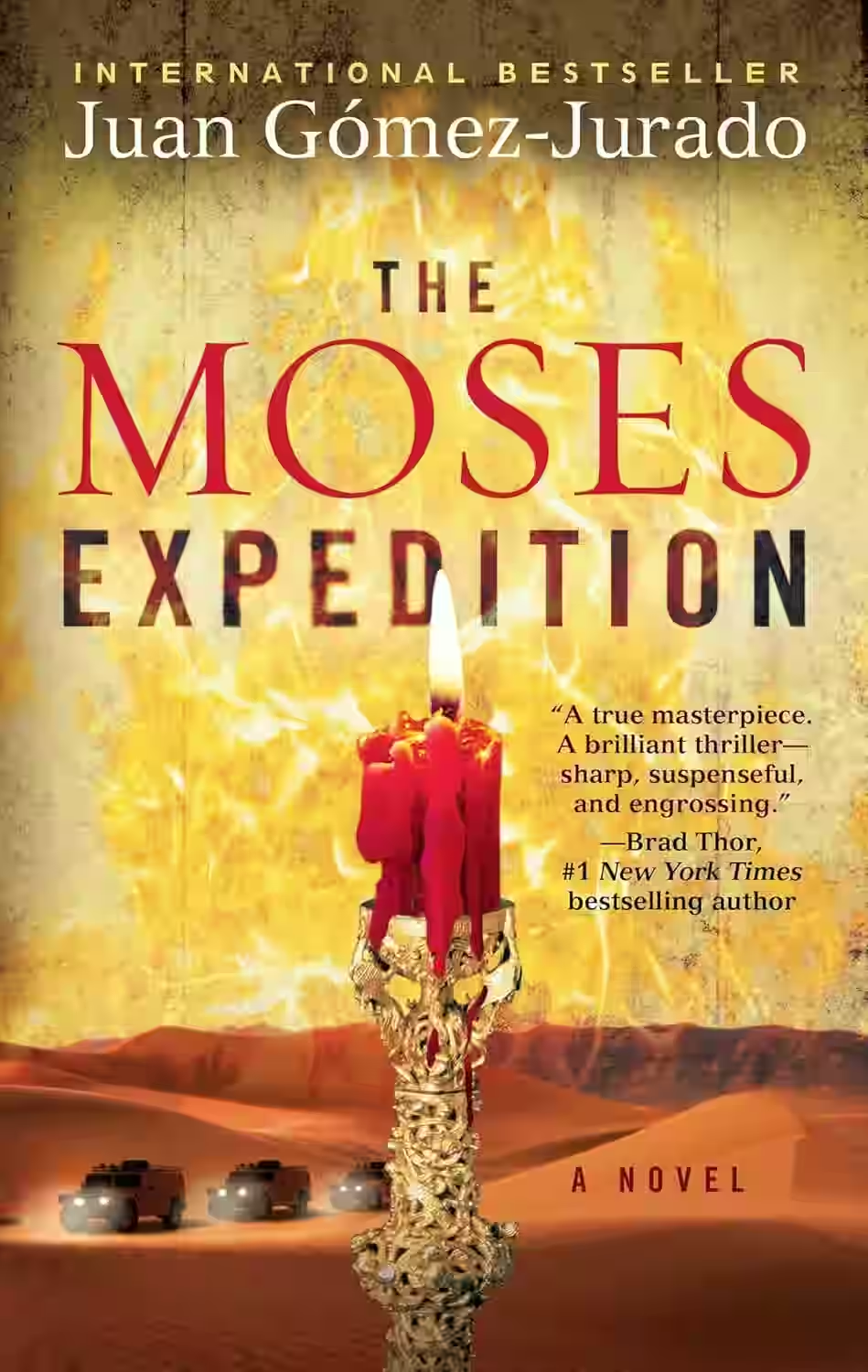
In 'The Moses Expedition,' Juan Gómez-Jurado crafts a thrilling narrative that intertwines history, religion, and high-stakes adventure. The plot centers around an international treasure hunt, initiated by an enigmatic multi-billionaire who enlists a diverse team, including an archeologist and a priest with a haunted past, to uncover the legendary Ark of the Covenant. Set against a backdrop of historical intrigue and modern-day peril, the story explores themes of faith, redemption, and the eternal quest for power. Gómez-Jurado's detailed research and engaging prose create a fast-paced thriller that captivates readers with its blend of suspense, mystery, and historical depth. The book challenges the characters' moral compasses and prompts reflection on the implications of wielding such ancient power.
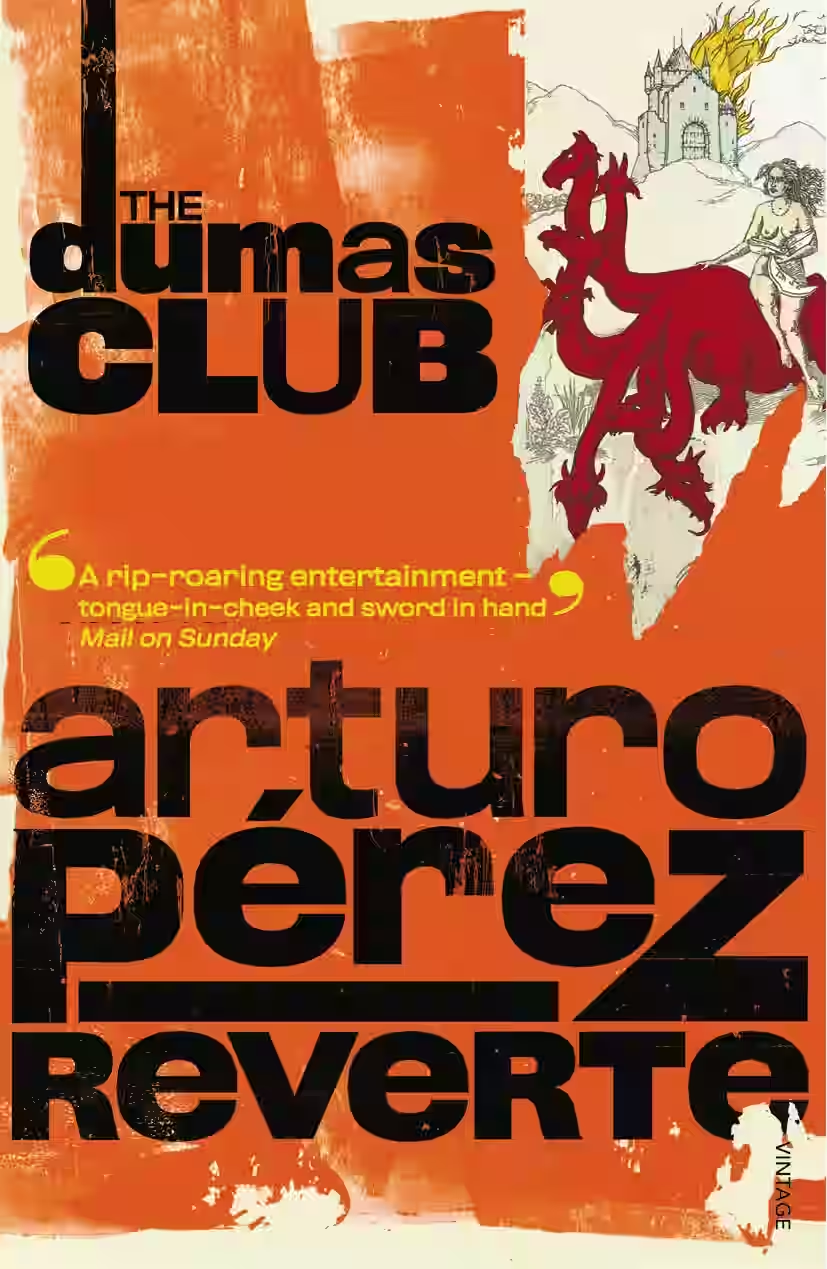
Arturo Pérez-Reverte's 'The Club Dumas' is a riveting novel that expertly intertwines the enchanting world of rare book collecting with a labyrinthine tale of mystery and intrigue. The protagonist, Lucas Corso, is a book detective who delves into the darker recesses of literary history as he investigates questionable manuscripts, particularly a fragment from 'The Three Musketeers' and a sinister book said to be authored by the devil himself. Themes of obsession, duality, and intellectual pursuit run deep as Corso encounters enigmatic allies and adversaries. Pérez-Reverte crafts a story full of literary references, making it a cerebral read for bibliophiles, yet the pacing and twists keep even casual readers engaged. The blending of historical anecdotes with a modern detective narrative gives the book a unique edge, earning it acclaim among mystery and suspense fans alike.
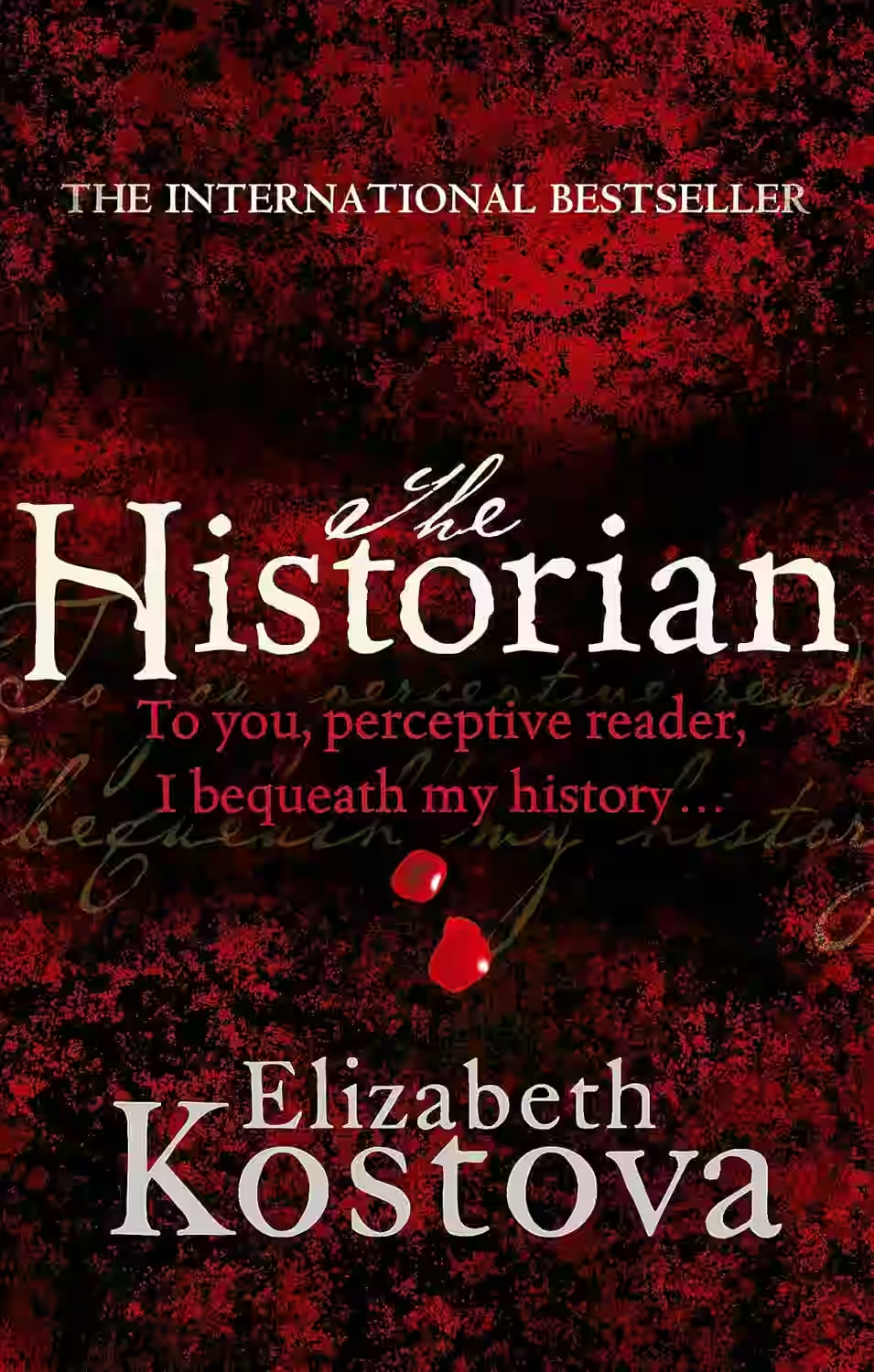
Elizabeth Kostova's 'The Historian' is an intricate tapestry of mystery, history, and the supernatural, weaving a narrative that spans generations and continents. The novel follows a young woman who discovers a mysterious book and a cache of letters in her father's library, thrusting her into a dark journey filled with ancient secrets and the elusive legend of Dracula. As she delves deeper, the line between myth and reality blurs in this gripping quest that explores themes of obsession, legacy, and the haunting power of history. Kostova's rich prose and meticulous research create an immersive experience, making 'The Historian' a compelling read for those who appreciate historical thrillers with a gothic touch.
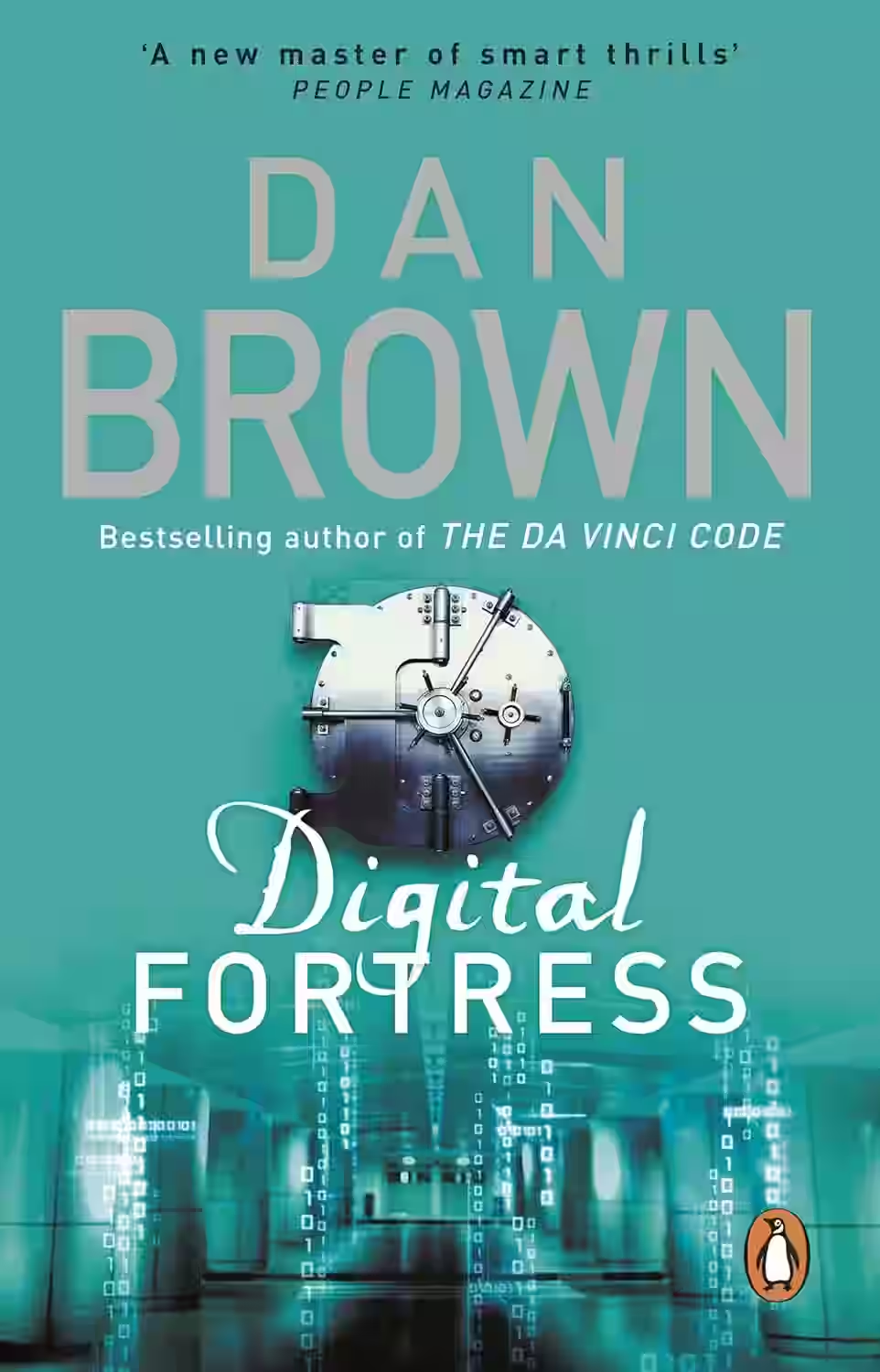
In 'Digital Fortress', Dan Brown weaves a gripping techno-thriller that delves into the world of cryptography and espionage. Set against the backdrop of the National Security Agency's most secretive inner workings, the story follows Susan Fletcher, a brilliant mathematician faced with the challenge of a powerful machine that can break any encryption. As the tension escalates, Fletcher is thrust into a dangerous game where trust is a luxury and deception is the norm. Brown expertly balances action with thought-provoking insights into privacy, government surveillance, and the ethical dilemmas posed by the digital age. The novel is a fast-paced roller-coaster filled with unexpected twists, unraveling secrets, and an exploration of humanity's increasing vulnerability in a technologically driven world.